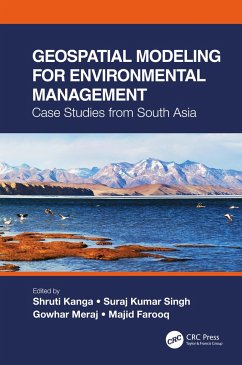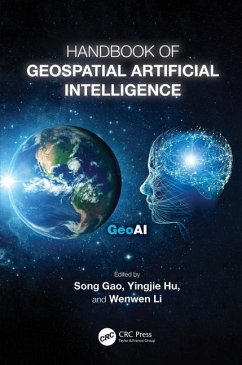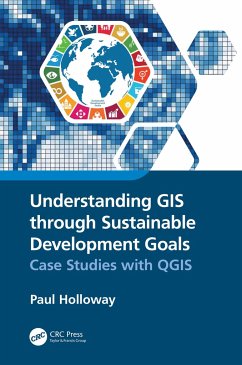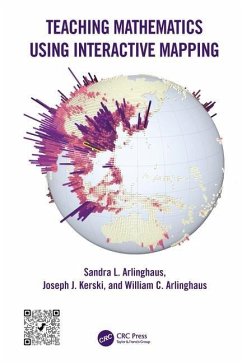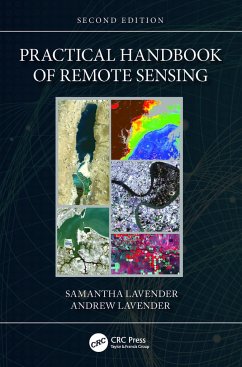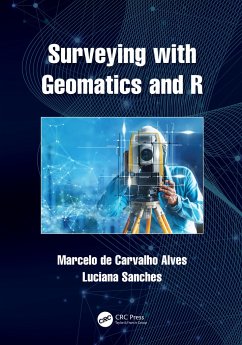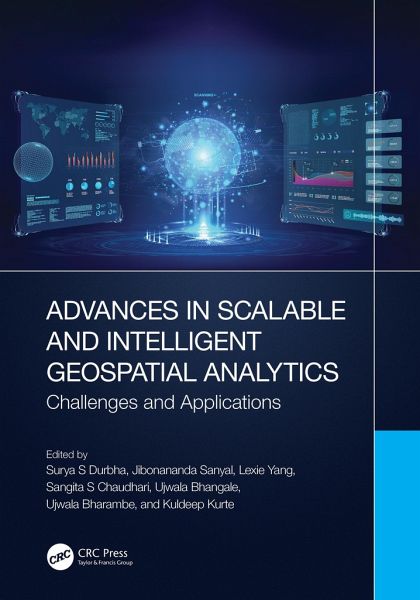
Advances in Scalable and Intelligent Geospatial Analytics
Challenges and Applications
Herausgeber: Durbha, Surya S; Yang, Lexie; Sanyal, Jibonananda
Versandkostenfrei!
Versandfertig in 1-2 Wochen
176,99 €
inkl. MwSt.
Weitere Ausgaben:

PAYBACK Punkte
88 °P sammeln!
Advances in high-performance computing, computer vision, and big data analytics enable the efficient processing of big-geospatial data. Geospatial communities have adopted these techniques in a variety of applications. This book is a comprehensive overview of the state-of-the-art, and future developments in this domain.






